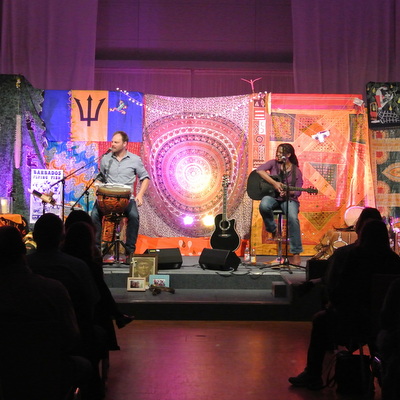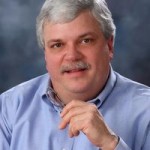Participants from 17 countries met in Bad Liebenzell, Germany, on 22-25 June 2015 for the Symposium on Global Mental Health and the Church. This was upon invitation of the Liebenzell International University together with the Liebenzell Mission and the Lausanne Network for Care and Counsel as Mission.
Eleven speakers from China, Kenya, Mexico, Switzerland, USA, and Germany gave presentations on Christian psychology approaches in the Global South, such as intercultural Christian care and counsel, trauma care, building psychologically healthy communities, and professional training and support.
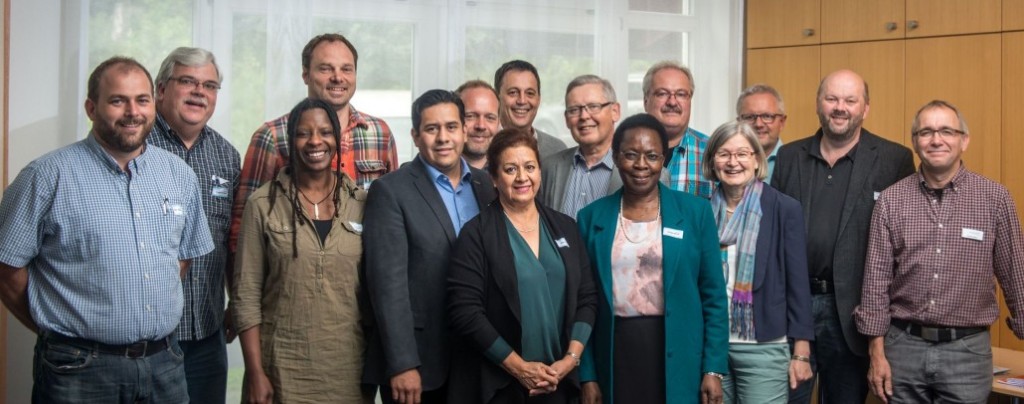
A fascinating variety of international mental health projects was also presented. These ranged from trauma care in the Ukraine to Kenya, and initiatives from China to Mississippi and Mexico. Also presented were the Saddleback approach to ‘what every church can do to promote mental health’, working with Ebola survivors in Liberia, and more.
Saul Cruz and his mother Pilar Cruz presented the work of Armonia Mexico, which Pilar founded with her husband Saul Cruz Sr. They are working with the poorest of the poor to empower them toward better means of self-help. Armonia’s community centers help the poor to discover their own resources. Change will not only result from welfare through Western support, but from participating in society and discovering the possibilities of their own communities. Poverty is not seen as primarily a lack of material resources, but missing power and influence, and the resulting feelings of helplessness.
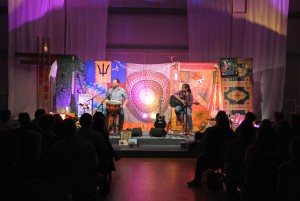
Dr Gladys Mwiti gave a presentation on her work of coordinating trauma care in Kenya following the 2 April terrorist attacks on Garissa University with a death toll of 148. She is coordinating the care for survivors and victims’ families with a team of trained trauma helpers. She also shared about Oasis Africa, the organization she and her husband Gershon Mwiti founded. She made clear what drives her to do the work she does: ‘In my work I ask lots of questions that facilitate healing processes, but I am not the healer. Healing in the end comes from Christ who is the healer.’
Prof Samuel Pfeifer from Switzerland gave alternatives to the demonization of mental disorder, and Prof Dr Brad Smith from Mississippi spoke on racial reconciliation and the role of the churches in the ‘deep South’ of the USA.
A Monday evening concert presented a very personal and biographical touch of international musicians from Barbados and Germany, including songs about Christ as healer and friend from musicians Judy and Patrick Bailey.
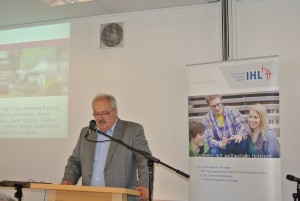
The Conference Director and Liebenzell Psychology professor Ulrich Giesekus, who is also Director of the MA program Intercultural Systemic Counseling, was positive that the goals of the conference to assess, learn, and connect had happened. For future development, he urged participants to go on to further research, train, and transfer theory into practice. The answer to the global mental health needs are not limited projects, but ongoing processes. Churches and missions provide many compassionate people who need more competence. ‘This is a challenge that we are faced with as a university, together with other helpers worldwide.’
The ongoing work of the Lausanne Care and Counsel as Mission Network is jointly led by Lausanne Senior Associates Brad Smith and Gladys Mwiti.
